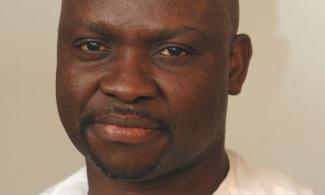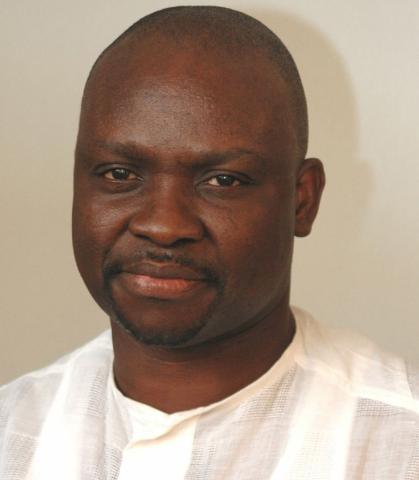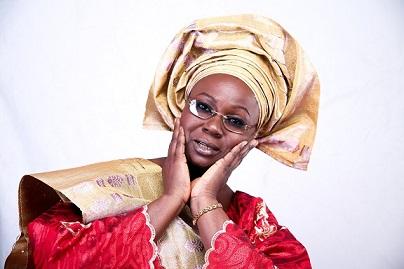
A classified US document obtained by SaharaReporters has revealed that the American government in February 2009 banned Governor Ayodele Fayose of Ekiti State from getting a visa to enter the US. It is unclear whether the ban remains in force.

Mr. Fayose’s wife, Feyisetan Helen Olayemi Fayose, whose date of birth was given as January 8, 1964, was also targeted for the visa ban. The document showed that the US Embassy recommended the cancellation of her existing visa, which was supposed to be valid until February 2010.
Other members of the governor’s family recommended for the 2009 visa ban included his first son, Oluwajomiloju John Fayose, born on February 18, 1992. His B2 visa was recommended for cancellation even though it was supposed to be valid until July 27, 2010. Also covered by the 2009 visa prohibition recommendation were Mr. Fayose’s two others sons, Ayorogbayimika Mine Fayose, born August 1, 1995, and Chukwuemeka Boluwatife Fayose, born November 5, 1997. Both were to have their existing visas rescinded, even though the visas were supposed to be current till July 27, 2010.
An interagency committee at the US Mission in Nigeria decided to target Mr. Fayose for visa ineligibility by asking President Barack Obama to invoke Presidential Proclamation 7750 (PP7750), after Mr. Fayose's impeachment in 2006.
The classified document indicated that Mr. Fayose had stolen as much as $81 million from the coffers of Ekiti State during his inaugural tenure as governor.

Apart from the main allegation of corrupt enrichment, in which Mr. Fayose was accused of using several companies to steal from Ekiti State, he was also portrayed as having “provided stipends to people to attend his rallies and paid journalists to write favorable stories.”
In excluding Mr. Fayose from entry into the US, the US Embassy also remarked that the governor was involved in the “triggering of events,” citing him for using political violence to corrupt elections.
The classified document provided a list of persons murdered by associates of Mr. Fayose. The murder victims include Tunde Omojola and Ayo Daramola, both of them murdered by well-known aides or associates of Mr. Fayose. Mr. Fayose was also suspected of involvement in the attempted assassinations of Taiwo Fasuba, then chairman of Ado-Ekiti local government area, and Afe Babalola, a prominent lawyer who hails from Ekiti State.
In a text message to SaharaReporters, Mr. Fayose suggested that the visa restrictions had been lifted or that his immediate family members were never barred from entering the US after all. “My family (wife and son) was in the US last summer,” the governor stated in the text. His text further stated, “I have only been to the US only twice in my life. During my trial by EFCC between 2007 and 2014, in 2009 the court [asked] that my passport be deposited with the court. I approached the American Embassy for renewal [and they] said I can come back after the trial. I have since won my case at the Ado Ekiti Federal High Court in 2014, which discharged and acquitted me. I have not approached the US Embassy since then.”
Mr. Fayose added he was not aware of any continuing visa ban targeting him even though he admitted to our reporter that when he approached the US Consulate in February 2009, he was told to go and conclude his corruption trial. He stated that he had not applied to the US Consulate for travel ever since he controversially became governor again in a highly tainted election in 2014.
SaharaReporters learned that Mr. Fayose went into hiding for several months after he was impeached as governor of Ekiti State. He then approached the US Consulate on February 13, 2009, seeking a visa to visit the US for an “urgent medical issue,” but his application was denied.
